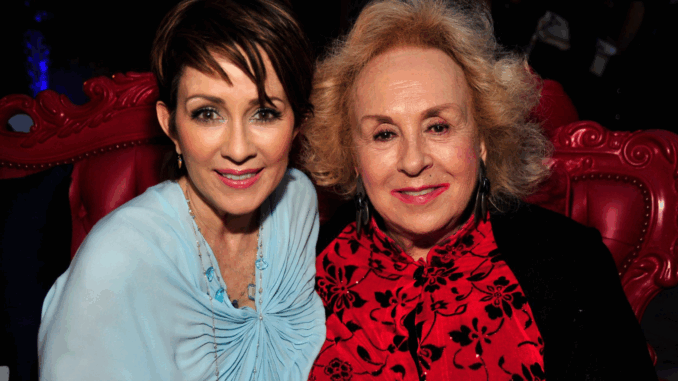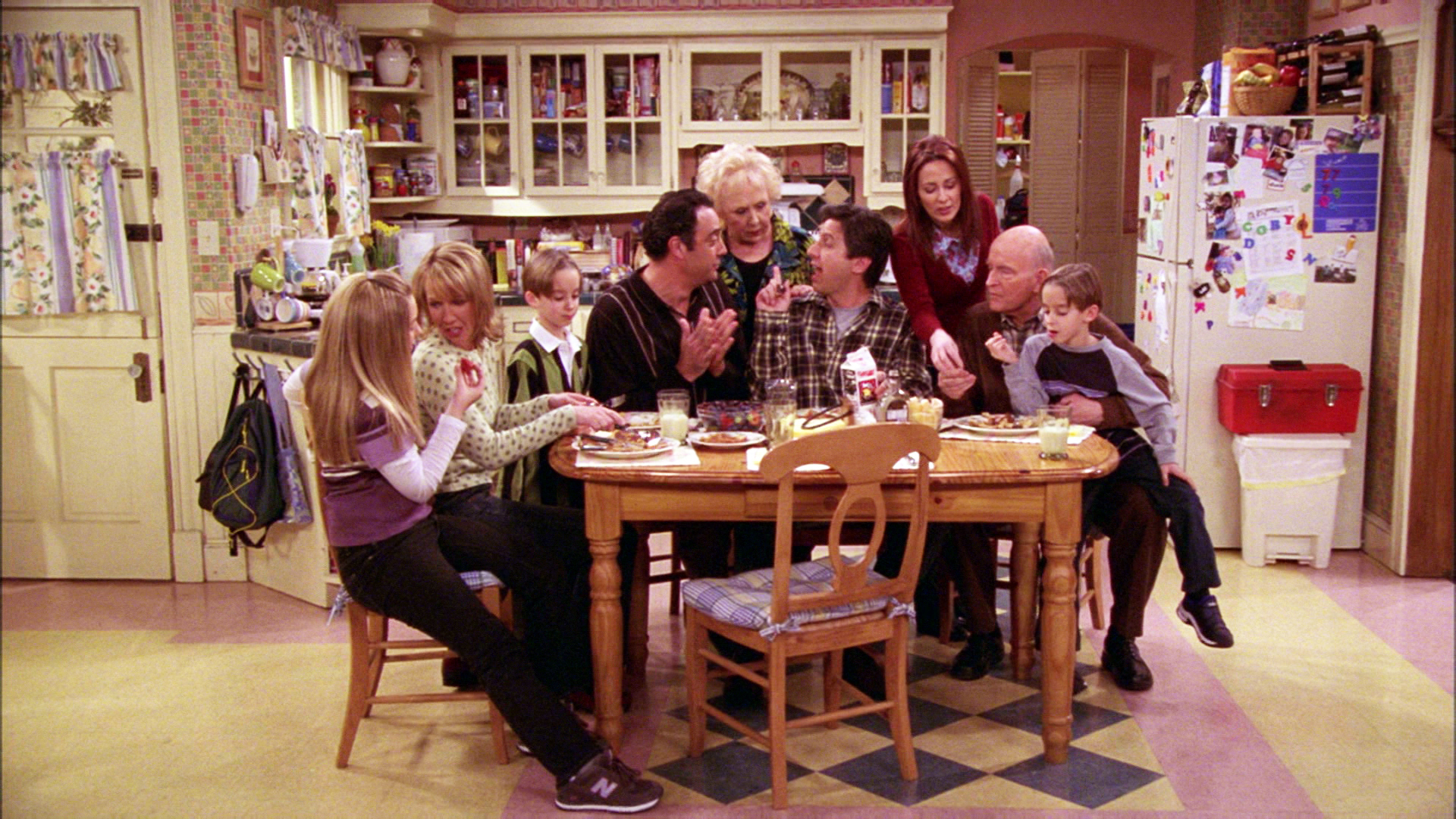
Everybody Loves Raymond, which aired from 1996 to 2005, stands as one of the most beloved American sitcoms in television history. Created by Phil Rosenthal, the series follows the everyday life of Ray Barone (Ray Romano), a sportswriter, and his dysfunctional yet lovable family. The show’s influence extends far beyond its hilarious premise and memorable characters; it helped shape the sitcom genre as we know it today.
Setting the Stage for Relatable Humor
The brilliance of Everybody Loves Raymond lies in its ability to take everyday, mundane situations — from marital disputes to sibling rivalry — and turn them into comedic gold. Unlike sitcoms that centered on extravagant plots or larger-than-life scenarios, Everybody Loves Raymond focused on the relatable and ordinary, making the humor accessible to a wide audience.
This down-to-earth approach allowed viewers to see themselves in the characters and situations, which contributed to the show’s universal appeal. Whether it was Ray’s exasperated reactions to his overbearing mother or Debra’s struggles with her in-laws, the sitcom created relatable moments that resonated with audiences from all walks of life.
The Family Dynamics That Defined the Show

The show’s ability to tap into family dynamics made it unique. The relationship between Ray and his parents, Frank and Marie, and his wife, Debra, is both humorous and heartwarming. Frank, played by the legendary Peter Boyle, is a curmudgeon with a heart of gold, while Marie, played by Doris Roberts, is the epitome of the overprotective mother.
Ray’s brother Robert, played by Brad Garrett, adds another layer of complexity to the family dynamic. As a lonely, sometimes resentful character, Robert provides a contrast to Ray’s seemingly perfect life. Their sibling rivalry, paired with Robert’s deep sense of unfulfilled yearning, creates some of the show’s most hilarious and poignant moments.
These relationships helped solidify Everybody Loves Raymond as one of the most iconic sitcoms. The exploration of sibling relationships, marriage, and parenting showcased universal themes that transcended cultures and backgrounds.
Legacy and Cultural Impact
Everybody Loves Raymond set the stage for more family-oriented sitcoms, influencing later shows like The Middle and Modern Family. Its portrayal of the trials and tribulations of family life — with plenty of laughs along the way — has inspired countless viewers to see their own families in a new light.
